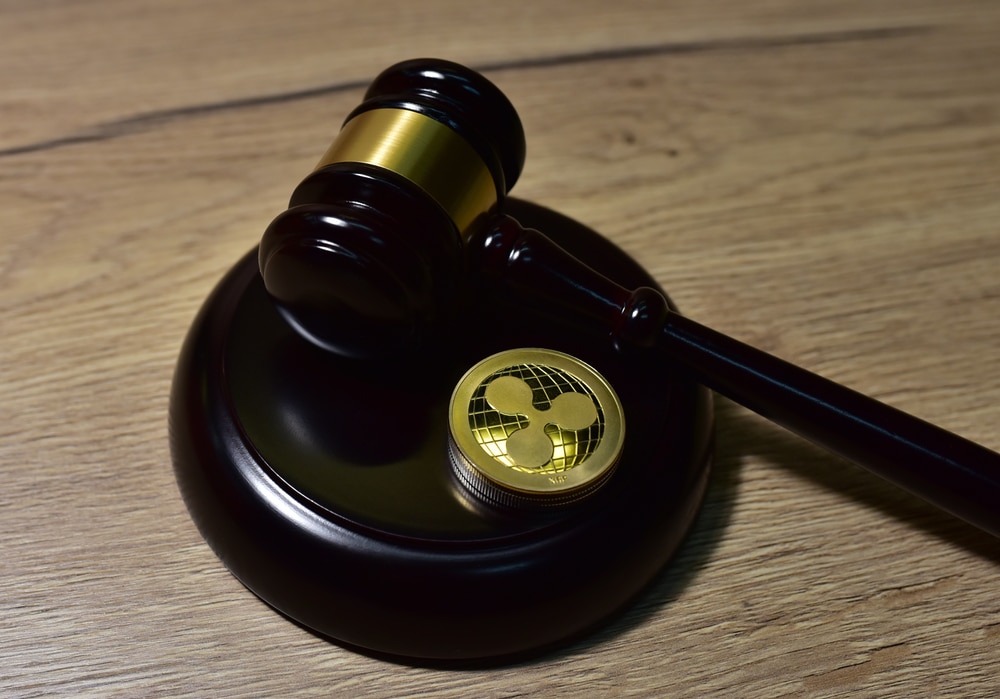On the 7th of November this year, the New Hampshire-based district court authorized summary judgment favoring the United States Securities and Exchange Commission against LBRY (a blockchain payment network). This counted as the 3rd significant win for the SEC after its triumphs against Telegram and Kik while the lawsuit of Ripple is yet to be concluded. It is also on its summary judgment.
Defense Lawyer of Ripple Says SEC Aims at Eradicating Crypto from the US
Even though the opinion of the court hardly made any innovation, depending on fact-specific analysis related to the Howey test, the decision of LBRY keeps a trend where the courts focus on the precise particulars to determine if tokens comprise an investment contract in line with the test that was conducted back in 1946. In the meantime, the United States-based crypto industry still requires adequate regulation.
In the exclusive filing, the securities regulator has reiterated its stringent viewpoint against the entire crypto industry and LBRY specifically. James K. Filan, who formerly served as a federal prosecutor as well as a defense lawyer, cited the letter of the SEC in which the organization claims that it is reasonable and fair under the present circumstances to put a penalty equivalent to $22,151,971 (the cumulative monetary gain of LBRY).
Filan mentioned that the regulator is not in the favor of regulating the crypto market rather it intends to eliminate it within the jurisdiction of the United States. Jeremy Hogan, a YouTuber, and attorney of the XRP community elaborated that the securities regulator is pursuing a ban on LBRY in the case of sales in the future.
He added that the letter from the SEC mentioned that the court will not be in a position to make a judgment on the sales in the future through Amici as they are much speculative. Filan considers that the judge is potentially realizing that the regulator never wanted to protect anyone. Another XRP community-related attorney named Bill Morgan remarked on the letter of the agency.
He stated that the respective letter is an avoidable loss by which a rod has been made by the judge for his back. As per Morgan, the Judge widely categorized any LBC sale during a time of six years as a contract of investment without declaring the transfer.
According to him, this has now become problematic for the judge presiding over the case not to give the verdict that the sales in the future are additionally not labeled as investment contracts.
John E. Deaton, the person who submitted an amicus brief to participate in the case of LBRY last week, criticized the regulator for labeling the LBC token as a security.
Eventually, the same approach is shown by the SEC in its lawsuit against Ripple. The objective of the SEC is to declare all the transfers of the XRP token as securities transfers from the start thereof into the future.
Ripple’s Outcome to Potentially Fortify Crypto’s Fight against the SEC
If Ripple remains unsuccessful in pointing out the differences existing in its case as well as offering evidence of the Howey test’s applicability, it could experience bad consequences in the United States.
Deaton recently specified that an appellate verdict has very superior importance in making an example for the whole industry. The Ripple’s end will hence potentially be unique for the crypto market to fight the predominant SEC, he added.

